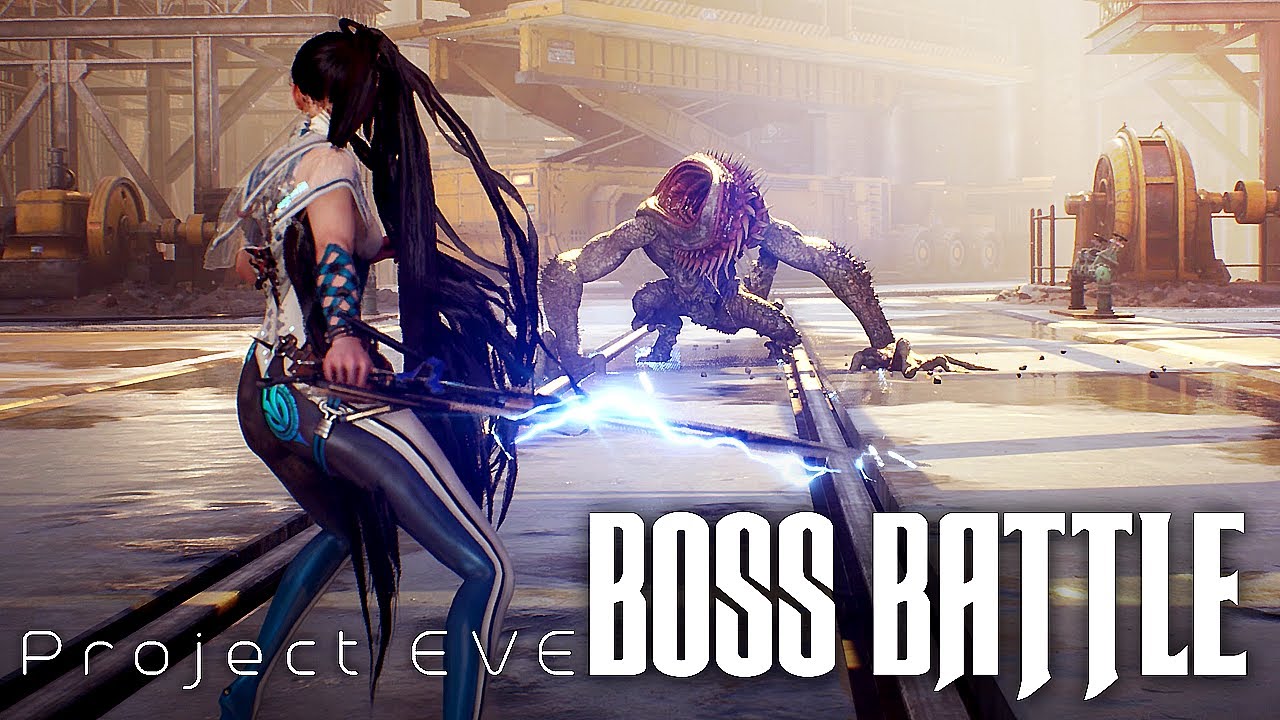

Kaling received pressure from “white executives at TV networks” to make her show about “an Indian woman … educating white people,” and she explicitly wanted to avoid being pigeonholed. On the one hand, Rehman sees the value in decentering Mindy’s Indian identity. In a measured Catapult essay about the legacy of The Mindy Project, Zeahaa Rehman evaluates the show’s sparse depiction of Mindy’s racial and cultural background. They see her characters’ love of white men and hatred of themselves as unified in Kaling’s artistic perspective on the world: one that craves privilege and seeks to distance itself from otherness. Some viewers have argued that Kaling’s work has always been white-facing and power-chasing. Having gotten far enough in her career to create her own TV shows centering young Indian girls, why mock them?


Plus, it’s baffling to see Kaling, one of the most successful Indian women in Hollywood, undermine her own creation. It’s also boring to see the same racist stereotypes and beauty standards trotted out again and again. In one of Bela’s first lines of The Sex Lives of College Girls, she calls herself “an Indian loser.” In the opening scene of Never Have I Ever, Devi prays for “ arm hair to thin out,” saying, “I know it’s an Indian thing, but my forearms look like the frigging floor of a barbershop.” Velma gets the same treatment five minutes into the pilot, two cops make fun of her weight and her “hairy gorilla arm.” It’s sad to see these young protagonists introduced to the audience with such self-loathing jokes it’s like the writers are anticipating viewers’ inherent disgust with young Indian women and trying to beat them to the punchline. More damning than her characters’ obsession with white guys is their casually racist self-hatred. As the critiques of Kaling’s characters escalate, so too does the demand for Kaling’s accountability. The collapse between Kaling’s onscreen personas and actual personhood has fueled the fire of online anger. But Bela, an aspiring comedian and Seth Meyers fan who attends a liberal arts college in New England, is no less obvious a parody of Kaling. This was clearly true of Mindy on The Mindy Project, where Kaling played someone with her own name. Kaling’s characters have always been caricatures of herself. New England changes people.” The tweet, now viewed close to 9 million times, gets at one element of the controversy over Kaling’s work. Velma, who makes fawning eyes at Fred Jones, the entitled heir to his father’s fortune, is set up to do the same.Īn initial tongue-in-cheek defense of Kaling’s “obsession with a specific type of White Man” offered this explanation: “You have to remember spent formative sexual years at Dartmouth over 20 years ago. Mindy, Devi, and Bela all fall for nerdy white dudes who started out as their rivals: Danny, a fellow doctor in Mindy’s residency Ben, Devi’s high-achieving high school classmate and Eric, the leader of the comedy group Bela wants to join. From Mindy Lahiri of The Mindy Project to Devi Vishwakumar of Never Have I Ever to Bela Malhotra of The Sex Lives of College Girls to Velma, Kaling’s Indian protagonists tend to follow a similar pattern. Velma has opened up a discourse about Kaling’s long career of writing and performing a specific kind of Indian woman: dorky, self-absorbed, insecure, obsessed with attaining the romantic validation of caustic white guys, and eager to fling herself, her family, her culture, and other cultures under the bus to get it. (She also recently received criticism for saying The Office couldn’t succeed today due to “cancel culture.”) As with this example, most of the criticism that started with the show expanded rapidly outward, until the crux of the anger landed squarely on Kaling’s career. In particular, Kaling’s Velma makes a joke about how she “spit truth without a filter, like every comedian before #MeToo,” which has made the rounds of the internet as further evidence of Kaling’s careless conservatism. Others were about how unsubtle and unfunny the show’s point of view is. Some were about how HBO ruined a perfectly good children’s show by trying to make it edgy. The series, long marketed as a race-swapped, adult version of the Scooby-Doo cartoons, was expected to offend right-wing vloggers irritated that Hollywood wokeness had made all these classic white characters into characters of color, but it also went the extra mile by pissing off progressive fans.
#PROJECT EVE PROTAGONIST SERIES#
When Velma, HBO’s animated series about Scooby-Doo’s Velma Dinkley, premiered last week, few could have predicted the backlash it would generate against its star, Mindy Kaling, who voices the titular character and serves as an executive producer.


 0 kommentar(er)
0 kommentar(er)
